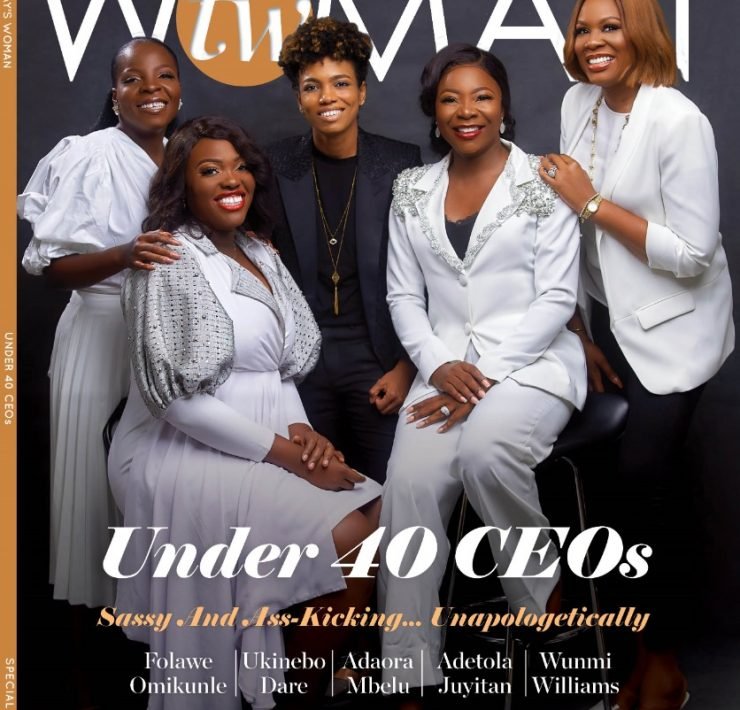Young unknowns take on Nigeria’s old political elite

Zainab Yusuf is standing for parliament to represent her native Kaduna in northern Nigeria. At 29, she’s one of the youngest candidates in this weekend’s election. “It’s been extremely challenging,” she told AFP. “But we’re fighting and doing well, getting our message across. People can see we’re here campaigning to improve life.”
There are 91 political parties in Nigeria but just two dominate — the ruling All Progressives Congress (APC) and the main opposition Peoples Democratic Party (PDP). Together, they account for almost all of the seats in both chambers of the National Assembly and with back-and-forth defections common between the two, many see them as one.
But Nigeria has one of the youngest populations in the world and now the mostly-elderly men who have dominated politics for so long are coming under pressure.
Yusuf, from a little-known party called the National Rescue Movement (NRM), feels a younger generation of lawmakers is needed to connect with the increasingly youthful country. She is among the youngest generation of candidates to run for office in Nigeria after a change in the law.
The “Not Too Young To Run” movement last year succeeded in securing a reduction in the minimum age limit for candidates to seek election. But while age is no longer a barrier for entry into politics, other, more formidable challenges remain.
When first Yusuf decided to run, she was a member of the APC in Kaduna state. To contest in party primaries, prospective candidates had to pay 3.0 million naira ($8,285, 7,400 euros) — a huge sum unaffordable to all but a small upper class. The APC promised to increase the number of female candidates, making tickets free. But Yusuf said: “They don’t want women to run because they will get less money.”
As such, women who don’t come from rich, elite political families, have an uphill struggle. “They told me, ‘It’s not my time’, or that I should pay at least half to get a ticket, so we left,” she said. Eventually she moved to the NRM after realising that trying to change Nigeria from within through belonging to an established party was too difficult because party democracy was non-existent.
Political “godfathers” often impose candidates on the party. Many of them are elected or previously elected figureheads who want greater control in their region. In the southwest state of Ogun, for example, one would-be candidate said APC parliamentary hopefuls were told the governor had chosen the list weeks before the primaries.
“I wanted to run in a fair primary but he had other ideas,” said one of those who missed out. Even a senior party official said the process had been “compromised”.
Source – monitor
Sign Up to Our Newsletter
Get notified about exclusive offers every week!











